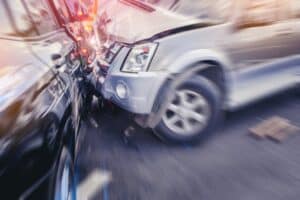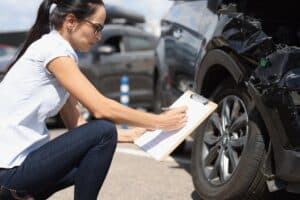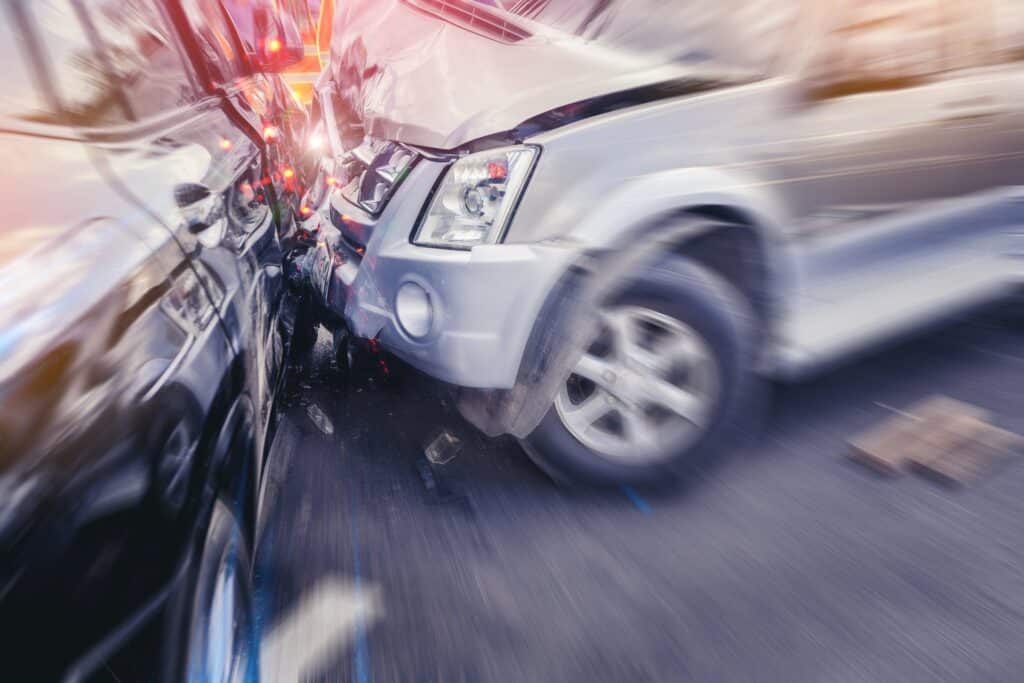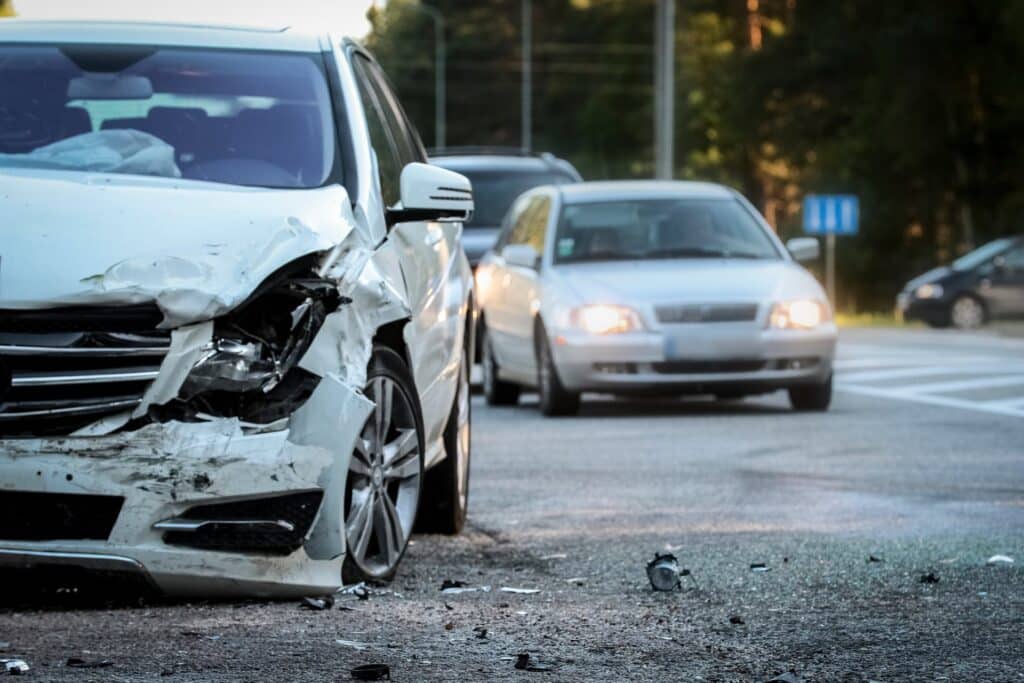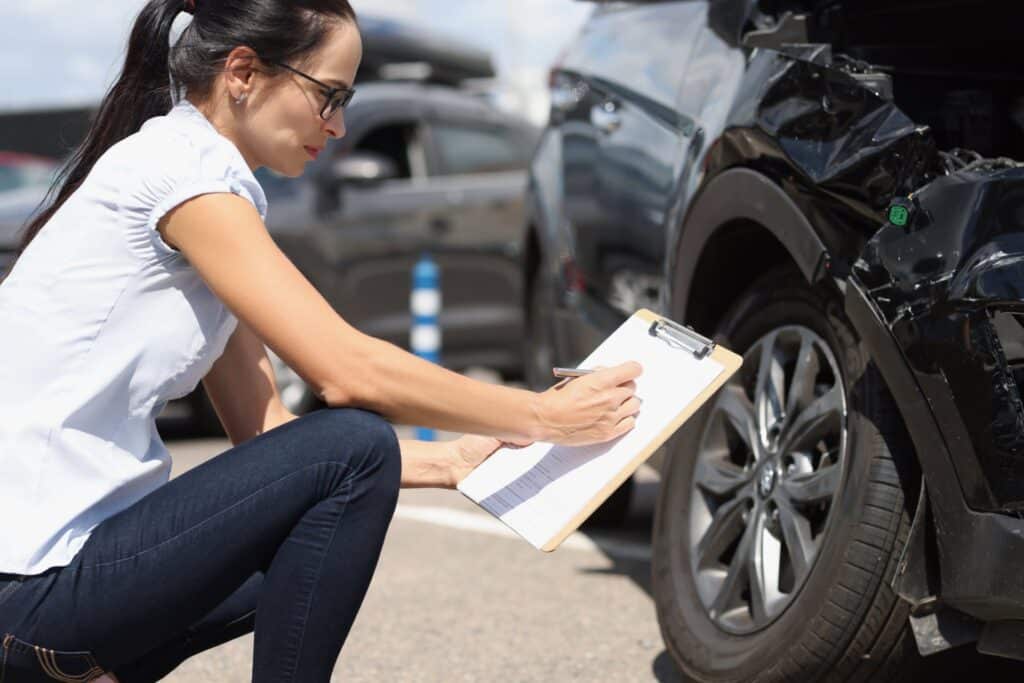In the state of Washington, there are instances where you may find yourself liable for the driving of another person. This can happen if someone else is driving your vehicle and gets into an accident or injures another person.
Becoming liable for an auto accident can feel very overwhelming, especially if you weren’t the person behind the wheel. You will need to understand what this could mean and the types of liability the accident may fall under.
At NBF Accident Law, our attorneys are dedicated to making sure our clients get the results they deserve. Keep reading to understand liability in a vehicle accident and the potential defenses your auto accident attorney could use.
Employer Liability
The most common example of someone being held liable for another person’s driving is employer liability. As an employer, you may have employees who use a vehicle that is in your name to do their job. Because the vehicle is in your name, you are technically responsible for that driver’s actions when they are on the road.
If your employee gets into a vehicle accident while working, you will typically be held legally responsible for damages and injuries.
Parental Liability
There is another common type of liability for auto accidents, which includes parental liability. This liability is when you allow your minor or underage driver to use your vehicle and get into an accident. Because they are a minor, you are legally responsible for their actions and any damage they have caused.
Negligent Entrustment
Another type of liability you may experience involving another driver is negligent entrustment. This is a bit more complex since it is a very broad term that encompasses many different situations.
In the state of Washington, negligent entrustment applies if the owner of the vehicle knows the driver is incompetent, reckless, or unfit to drive. If they get into an accident when using your vehicle, you will be liable for the damage and injuries they caused.
To avoid this type of liability, you have to prove that you did not know the driver was unfit to drive when you lent them your vehicle.
Examples of Negligent Entrustment
Because negligent entrustment is such a broad category, we need to dive more into what this could include. Here are some examples of negligent entrustment that you need to be aware of if you allow others to use your vehicle:
- Elderly drivers: Someone who is elderly may have physical or mental problems that make them unfit to operate a vehicle. If you are aware of this and continue to let them drive, you could be held liable for any damage they caused.
- Injured or sick drivers: If you allow someone to operate your vehicle when they are sick or injured, you could be held responsible for this. They may be unable to safely operate the vehicle or lack the mobility necessary to respond on the road.
- Intoxicated drivers: Allowing someone to operate your vehicle when they are intoxicated will often result in you being liable for their actions. This includes drivers who are currently intoxicated as well as drivers convicted of drug or alcohol-related crimes.
- Unlicensed drivers: If you knowingly let someone use your vehicle without a license, you are liable for any accidents they get into. This applies to unlicensed adults as well as minors who may not have a license or may only have a learner’s permit.
- Drivers with driving-related convictions: You may be held liable if you allow someone with driving-related convictions to use your vehicle. This can include drivers who have speeding, reckless driving, or DUI charges on their record.
Defenses for Auto Accident Liability
Being held liable for another driver’s actions can have serious implications for vehicle owners. If this is the situation you have found yourself in, there are certain things you may be able to do to prove that you weren’t liable. To do this, you need to hire an auto accident attorney to represent you to help prove who was actually at fault.
You Were Unaware
One of the most common defenses for auto accident liability is not knowing that the driver was unfit. This is an example best for negligent entrustment since you may not have realized that the driver was not safe to drive. They may have concealed their driving record or the fact that they did not have a driver’s license.
If you are an employer, they may have lied about their criminal record, leading you to believe they did not have any driving-related offenses. Or they may have been using drugs and alcohol without you realizing it in an alcohol and drug-free workplace.
Another example of this defense is if you let an elderly relative or friend drive your vehicle and cause an accident. You may not have realized their eyesight was declining or that they were on a medication that altered their response time.
You Didn’t Give Permission
There are some instances where you may be able to argue that you did not permit the driver to drive your vehicle. Maybe they went out with another person who had permission, but they ended up driving your vehicle instead. Or your child may have taken your vehicle without your permission and gotten into an accident.
Need an Auto Accident Attorney? Contact NBF Accident Law Today
Are you being held liable for another person’s driving? If so, you need to understand what this could mean and what situations this could apply to. Examples of when you may be held responsible for another driver’s actions include employer liability, parental liability, and negligent entrustment.
At NBF Accident Law, our attorneys are dedicated to achieving the best possible results for victims of accidents by fighting for them with purpose. We understand the complexities of being held liable for another driver, and we can help ensure you get the best possible result for your case.
Contact us today at 206-923-8888 to schedule a consultation with one of our attorneys.

